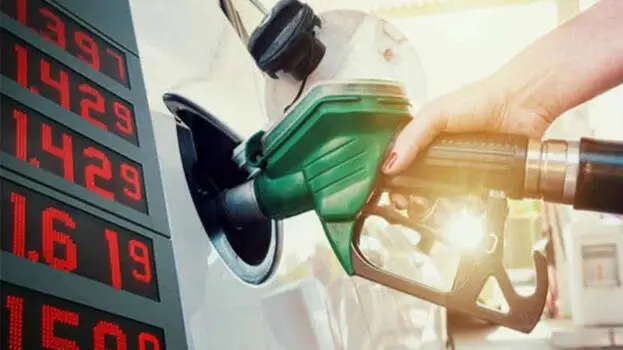As the Dangote Refinery sets its price for Premium Motor Spirit (PMS) at around N990 per litre, discussions have turned not to this price alone but to the deeper question of how much the Nigerian National Petroleum Company Limited (NNPCL) sells its crude oil to the refinery. With NNPCL acting as the primary supplier to Dangote’s facility, transparency in crude pricing becomes critical. This transparency is essential, not just to justify Dangote’s pricing but also to assure Nigerians that the oil sector is being managed with fairness and accountability.
At present, the pricing chain in Nigeria’s oil sector is opaque. In an economy where the price of petrol impacts nearly every sector, this lack of transparency raises concerns. Although Dangote’s refinery offers a domestic supply of PMS, its price remains high, partially due to global oil market fluctuations and operational costs. However, if NNPCL’s crude is sold to the refinery at a significantly discounted rate, this raises further questions about whether the N990 per liter price is truly justified.
For instance, recent figures suggest that Nigeria’s Bonny Light crude oil—the benchmark used in Nigeria—has traded at around $95 per barrel. With the cost of refining, distribution, and operational expenses, the refinery’s final price may indeed be justifiable. Yet, without clarity on the crude oil selling price from NNPCL to Dangote, the price consumers ultimately pay lacks accountability. If stakeholders, including regulatory bodies and the public, had insight into this transaction, it would create a clearer understanding of the pricing model and enable fair assessments of profit margins.
This transparency issue extends beyond just the Dangote refinery. It involves ensuring that crude oil sales, refining processes, and distribution adhere to fair pricing practices that prevent market manipulation. Many argue that a transparent oil sector would build public trust and potentially foster more competitive pricing models, possibly reducing the financial strain on everyday Nigerians. With rising inflation and economic challenges, any measure that promotes affordable fuel prices would be welcomed.
- Rivers helicopter crash: FG to release probe report in 30 days
- The celebration of image over integrity
For Nigeria, creating an open pricing mechanism in the oil and gas industry, starting with NNPCL’s dealings, would be a significant step forward. If crude oil prices to refineries were transparent, the final PMS price could be cross-checked by independent bodies to ensure it aligns with the true cost of production. Such openness would not only support fair pricing but also encourage efficient, sustainable operations within Nigeria’s petroleum sector, a necessity for long-term economic stability.
To conclude, while Dangote’s N990 per liter price is under scrutiny, the real issue lies in the cost at which NNPCL supplies crude oil. With a commitment to transparency in this transaction, Nigeria could set a precedent for responsible oil sector management, benefiting both consumers and the industry at large.
Mahmud Aminu Hanga wrote from Kano

 Join Daily Trust WhatsApp Community For Quick Access To News and Happenings Around You.
Join Daily Trust WhatsApp Community For Quick Access To News and Happenings Around You.